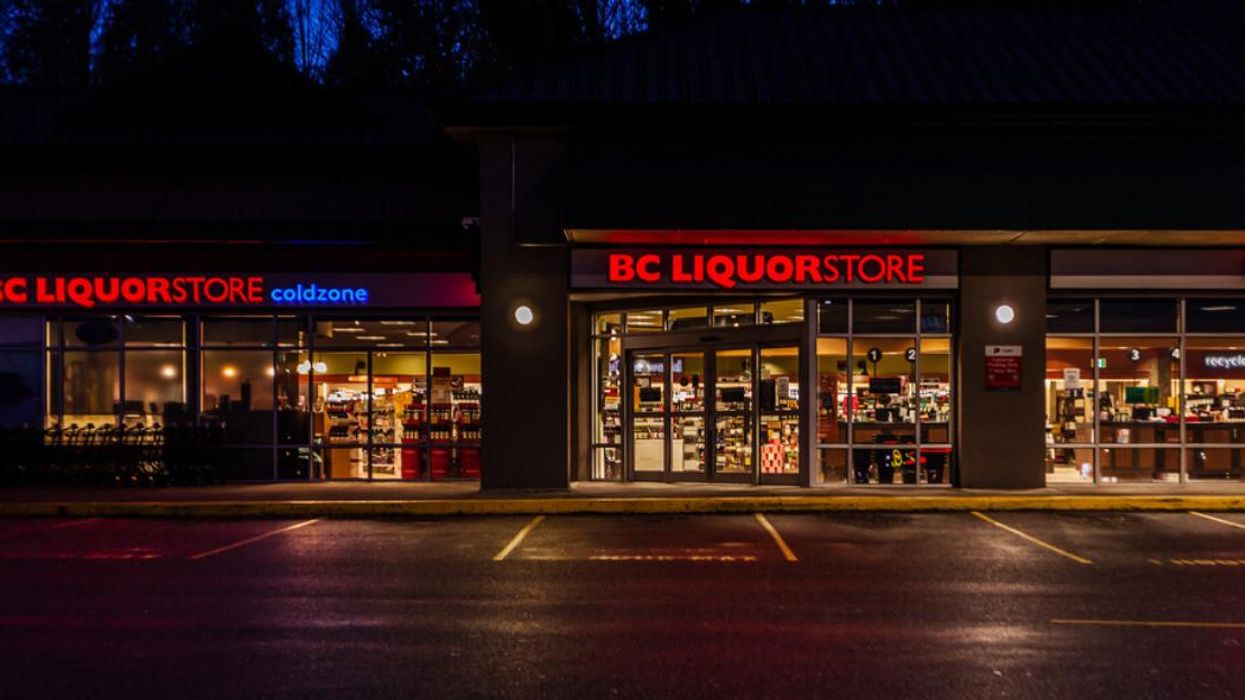BC Liquor Stores Are Rationing Alcohol Because Of A Strike & It's 'Effective Immediately'
Customers can buy "no more than three of any individual item per day."

BC. Liquor Store.
Government BC Liquor stores are going to be rationing the amount of alcohol products that customers can buy in one transaction, effective immediately.
The limit on alcohol quantity being purchased is because of the British Columbia General Employees' Union's (BCGEU) strike, "which is shutting down BC’s vital liquor distribution warehouses," said the Alliance of Beverage Licensees of BC in a press release on August 19.
The group added that until further notice, all customers can only purchase up to three of the same item per day. The exception to the new rule is beer, both import and domestic. The rule applies to all other alcoholic products, including those sold in packs.
Pubs, restaurants, and bars are not exempted from the rationing restrictions.
There has been no announcement of an end date to the rationing yet, but the ABLE BC did say that it "will remain in place until the Liquor Distribution Branch (LDB) distribution centres resume operations."
"This ongoing labour dispute is now causing serious and unacceptable disruptions to BC’s liquor and cannabis industries," they added.
The group made it clear that they are not advising private liquor stores in B.C. to implement the same changes.
On the same day, BC LIQUOR also released a statement and said that "the implementation of modest quantity limits is intended to support the availability of liquor products for hospitality and retail customers while the LDB’s distribution centres continue to be impacted by job action."
BCGEU members at the Liquor Distribution Branch began taking job action on August 15, putting up picket lines at multiple BC LDB distribution locations in the province, after the Public Service Agency "invited the union back to the bargaining table" following lengthy negotiation, according to a statement by the union.
The BCGEU affirms that they "are ready to return to the table when [the] employer demonstrates that they are able to meet [the] demands" of "a deal which provides appropriate cost of living protection for [the] wages."
This article's cover image was used for illustrative purposes only.